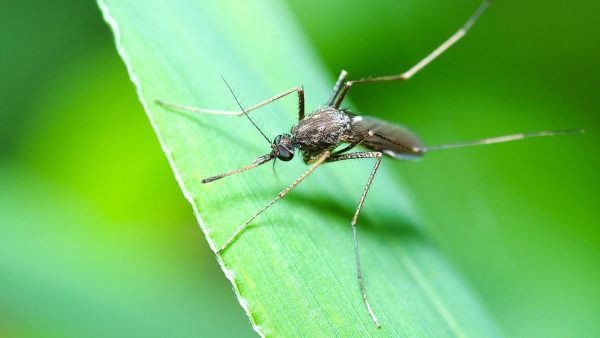
Nagpur: At a time when Covid-19 cases are declining substantially in Nagpur, various hospitals have started witnessing a steady surge in vector-borne and other diseases in children and adults alike with the onset of monsoon. The data of Nagpur Municipal Corporation (NMC) shows that 20 dengue patients have been reported in the city while the doctors suspected many more cases.
Hospitals are also reporting many cases of vector-borne diseases — malaria, chikungunya, gastro, stomach infections, with the onset of monsoon in the city. Local weather plays a vital role in the spread of infectious and vector-borne diseases. Monsoon is the transmission season for the majority of vector-borne diseases. Monsoon onset over Nagpur is witnessed towards the end of June and continues till September.
Vector-borne diseases are infections transmitted by the bite of infected arthropod species, such as mosquitoes, ticks, triatomine bugs, sandflies, and blackflies. Weather influences survival and reproduction rates of vectors. However, climate is only one of many factors influencing vector distribution, such as habitat destruction, land use, pesticide application, and host density.
The onset of monsoon in Nagpur is causing an increase in the cases of dengue and gastroenteritis. Children of all age groups, starting from a month to 18 years, are getting affected. The cases are on rise because of increased gatherings in marriages and unhygienic food preparations, according to a doctor.
A Government Medical College and Hospital (GMCH) doctor said patients woth complaints of viral fever, loose motions and vomiting could be seen these days, but it is not unusual. The number of cases is not at epidemic level, he said.
Another doctor said that it will take another two weeks to actually see the impact of water contamination or unhygienic food. The patient flow is routine for stomach infections, while jaundice cases are not seen so far.












